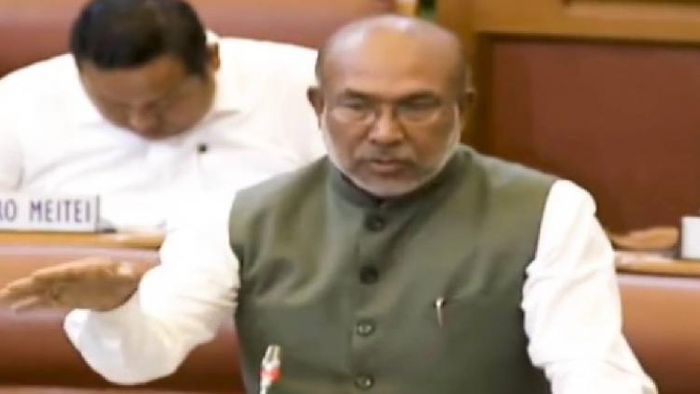Manipur government earns Rs 15.52 crores as excise duty in 2021-22, informs Chief Minister
Chief Minister Singh also announced that the government would soon come up with a white paper on liquor legalization in the state.

- Mar 03, 2023,
- Updated Mar 03, 2023, 6:39 PM IST
The Manipur government has earned a whopping Rs 15.52 crores as excise duty in the financial year 2021-22, as per a reply by the Manipur Chief Minister N Biren Singh to a starred question raised by the opposition Congress MLA Kangujam Ranjit. The revelation was made on the concluding day of the 3rd session of the 12th state assembly on March 3.
Chief Minister Singh also announced that the government would soon come up with a white paper on liquor legalization in the state. This move follows the formation of an expert committee after the cabinet's decision on liquor legalization, which is scheduled to submit its report by the end of March. Singh, who also holds the Home portfolio, said that the government is committed to exploring the option of lifting the prohibition on liquor in the state.
However, the move has faced opposition from various quarters, including the Coalition Against Drugs and Alcohol (CADA). Despite this, the state government has sought the views of the public, civil society organizations, NGOs, and individuals to establish a "white paper" for the partial lifting of liquor ban in the state, stating that lifting the prohibition is expected to earn a revenue of Rs 600 crore annually.
The issue of purchasing Indian Made Foreign Liquor (IMFL) by civilians from the canteens of security forces was also raised during the session. In response, the CM, who is also the leader of the house, made it clear that it is against the law.
On the distillation of local liquors persistently in the scheduled cast villages, including Sekmai and Andro in the state, the CM, who also holds the planning portfolio, stated that consumption of local liquor may cause health hazards. Therefore, the state government has sought public opinion for the legalization of liquor manufacturing in the state.
Manipur was declared a dry state in 1991 after enacting Manipur Liquor Prohibition Act, 1991. With the enactment of the Act, Manipur officially became a dry state, with an exemption granted to Scheduled Caste and Scheduled Tribe communities to brew liquor for traditional purposes.
The move to legalize liquor manufacturing and lift the prohibition is expected to have far-reaching consequences, both economically and socially. With the state government poised to explore the option further, it remains to be seen what the final decision will be.